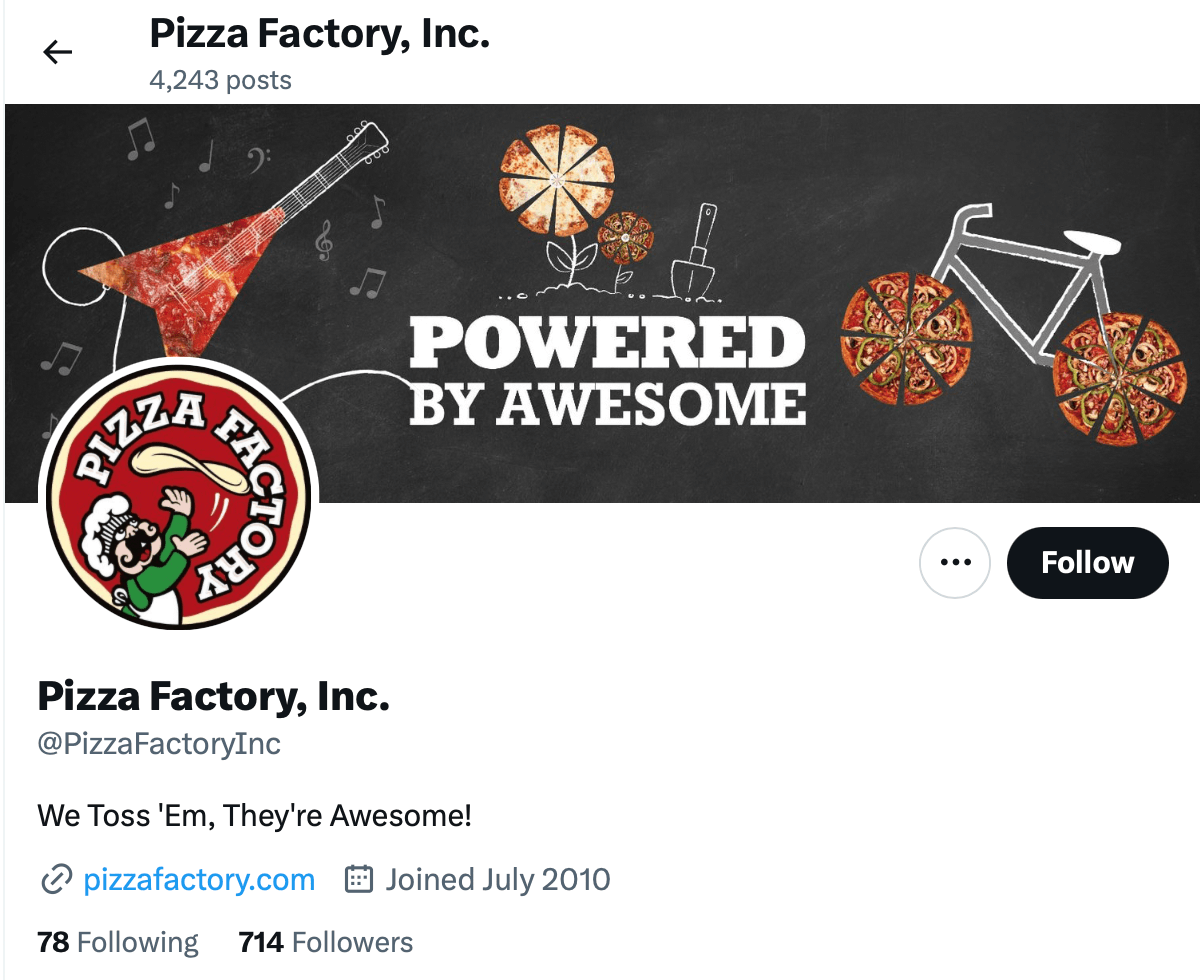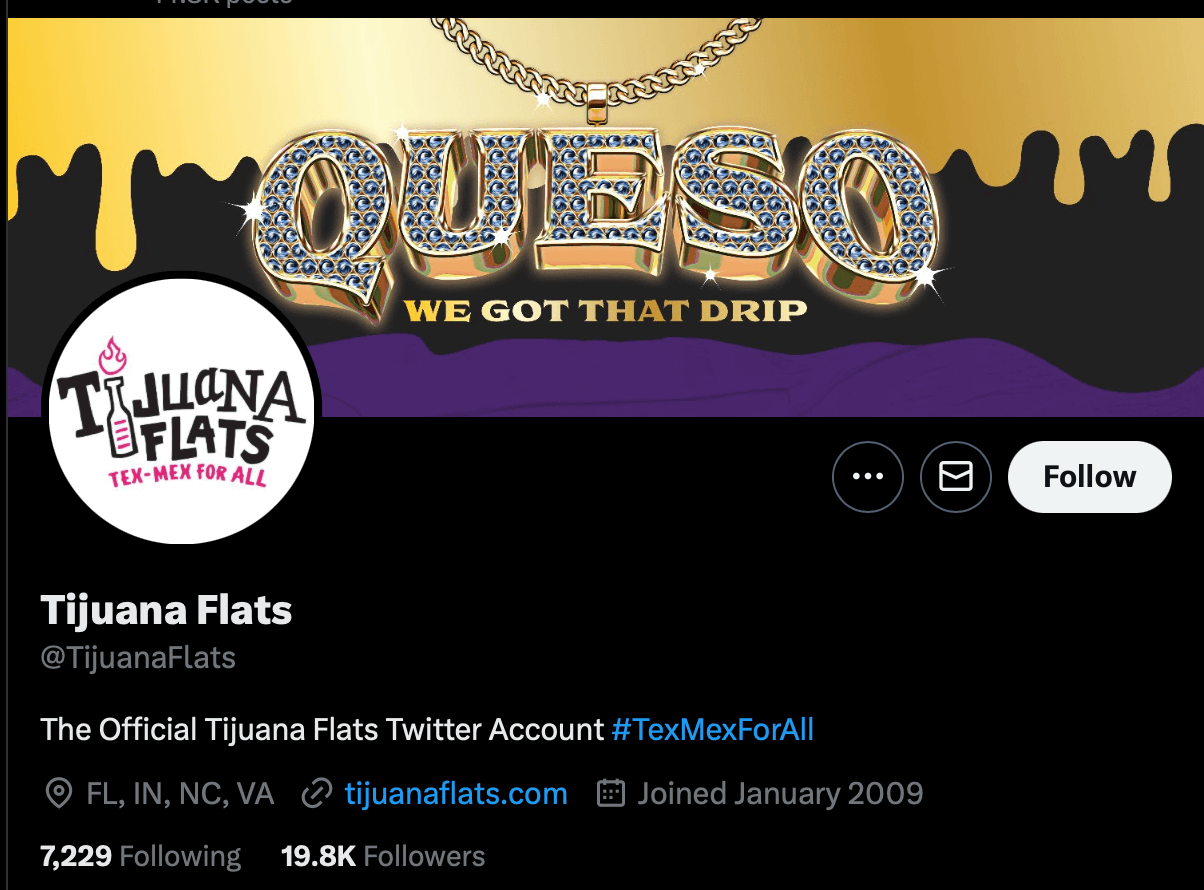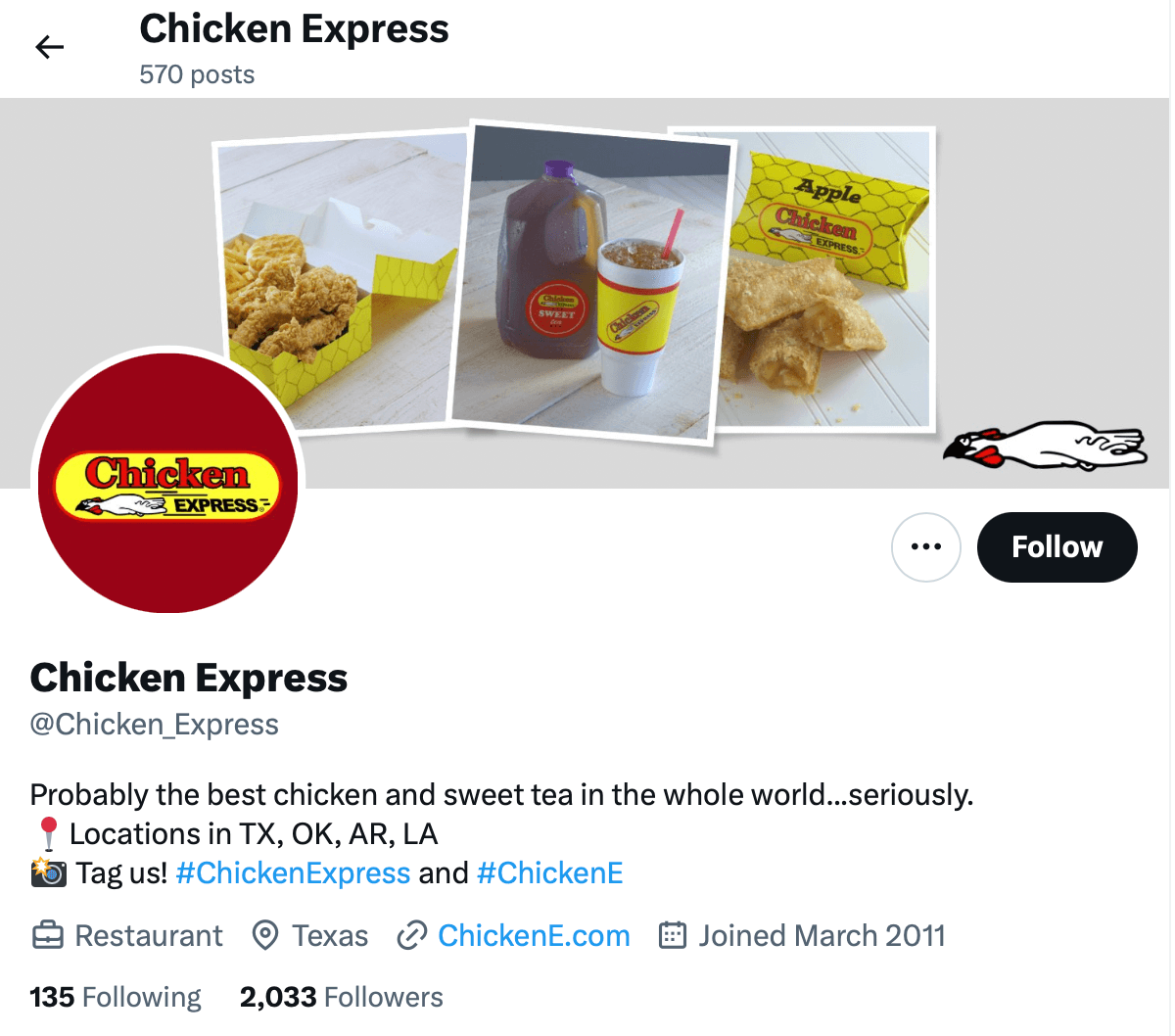Many food truck owners pride themselves on knowing what goes into their menu, and what doesn’t. Many across the country strive to buy sustainable grains and natural meats. These same food truck owners have found an ingredient they try to avoid: genetically modified organisms.
Why Keep Away from a Genetically Modified Menu?
Embraced as a way to feed the world, or vilified as “Frankenfoods,” the effects of inserting genes into common crops aren’t settled among scientists. What is clear, is that many diners are getting queasy about the topic. There is a growing body of consumers who are not only aware of the term, but they’re concerned.
In a recent survey, 59 percent of consumers say it’s important for food service providers to offer foods that don’t contain GMOs. Part of their concern is not knowing what they’re eating.
By law, European food labels must list genetically altered ingredients, but U.S. labels don’t. There’s not enough science out there to help people make decisions, but the desire for the right to know is getting stronger every day.
How To Keep Genetically Modified Organisms Off Your Menu
So how can you know, if you choose to weed out GMOs from your food truck menu, or if your customers start asking? Here a few guidelines.
Buy local, buy organic
Many consumers distrust produce that’s engineered to survive herbicides. If you can’t buy local, look for a “certified organic” label, which excludes GMOs. If it’s not organic, by and large, a consumer has a reasonable expectation it could be GMO.
RELATED: Useful Facts About Organic Vegetables Food Truck Owners Should Know
Watch your oils and sweeteners
Potential GMOs are often hiding in everyday ingredients. The U.S. Department of Agriculture reports 72 percent of domestic corn and 94 percent of soybeans are genetically modified. To avoid those oils, along with canola and cottonseed, you can buy brands labeled GMO-free—or use pure olive oil.
If you shun high-fructose corn sweeteners, be careful as even sugar is suspect, unless it’s pure cane. Engineered sugar beets make up 90 percent of the U.S. crop. As for artificial sweeteners, aspartame contains an amino acid that’s often produced by gene-spliced bacteria.
Consult your phone
To fill the labeling vacuum, several firms offer shopping guides that fit on smartphones. Apps like NoMoGMO and True Food give thumbs up or down to hundreds of brands and products.
For now, there’s no way to certify your entire menu as GMO clean, so tell curious customers that you are working toward that goal.
The Bottom Line
Genetically modified organisms have been a major topic of discussion for the past few years. Consumers are becoming more knowledgeable about what they are eating. Because of this, they are demanding action from grocery stores, restaurants, food trucks and food manufacturers to reduce or eliminate the use of GMOs in foods.
A great way to find out if a GMO-free move would benefit your food truck is to talk with your customers. As more food service providers feel the pressure from millennials to expand GMO-free offerings, the supply of these goods is going to be stretched thin, at least until crop production in the US moves away from genetically modified crops.
Share your thoughts on this topic on social media. Facebook | Twitter




